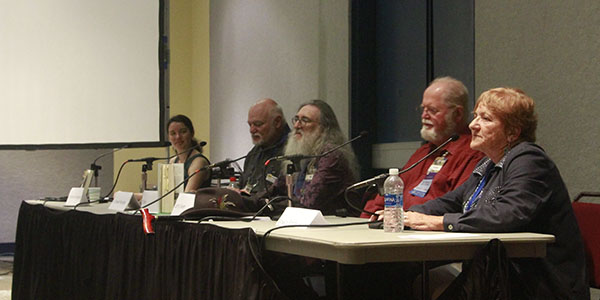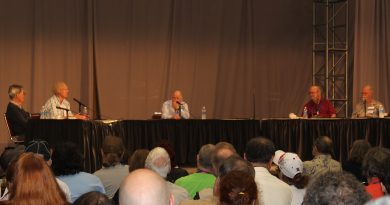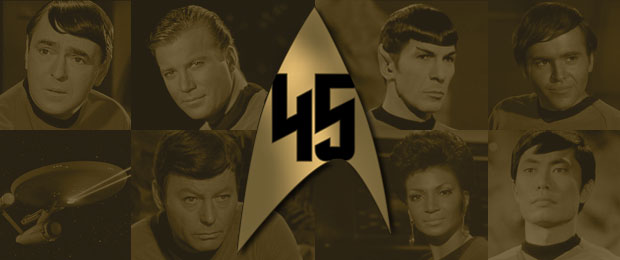Worldcon 74: Alien Building

Four experienced creators of alien cultures (Ctein, G. David Nordley, Sheila Finch, and Larry Niven) joined moderator Caroline M. Yoachim in a discussion of the factors that go into creating alien life forms for fiction.
When creating an alien society, where do you start? There are essentially two approaches: top-down and bottom-up. Several of the panelists are members of Contact: Cultures of the Imagination, otherwise known as COTI. The favored COTI approach is to start with the star system, then planets, then biospheres, then imagine evolutionary history that eventually produces intelligent life and go from there. The top-down approach, conversely, starts with a “really cool” idea and works backwards from that. Of course, sometimes the backstory changes the final result. Larry Niven uses a variation on this approach: ask yourself, what is the weirdest thing about them? And work back from that. He developed this approach in reaction to a trend at the time where “believable” too-often wound up meaning “human-like”.
In fact, in the process of writing, it often happens that creators go up and down the ladder as the ideas fill out and influence each other. If the psychology and culture of your aliens are more interesting, then you sculpt the environment in which they evolved to that point. This in turn will affect their physical characteristics, and so on. Even something like eye placement could change the way we think of things. Physiology dictates how we think, which dictates culture.
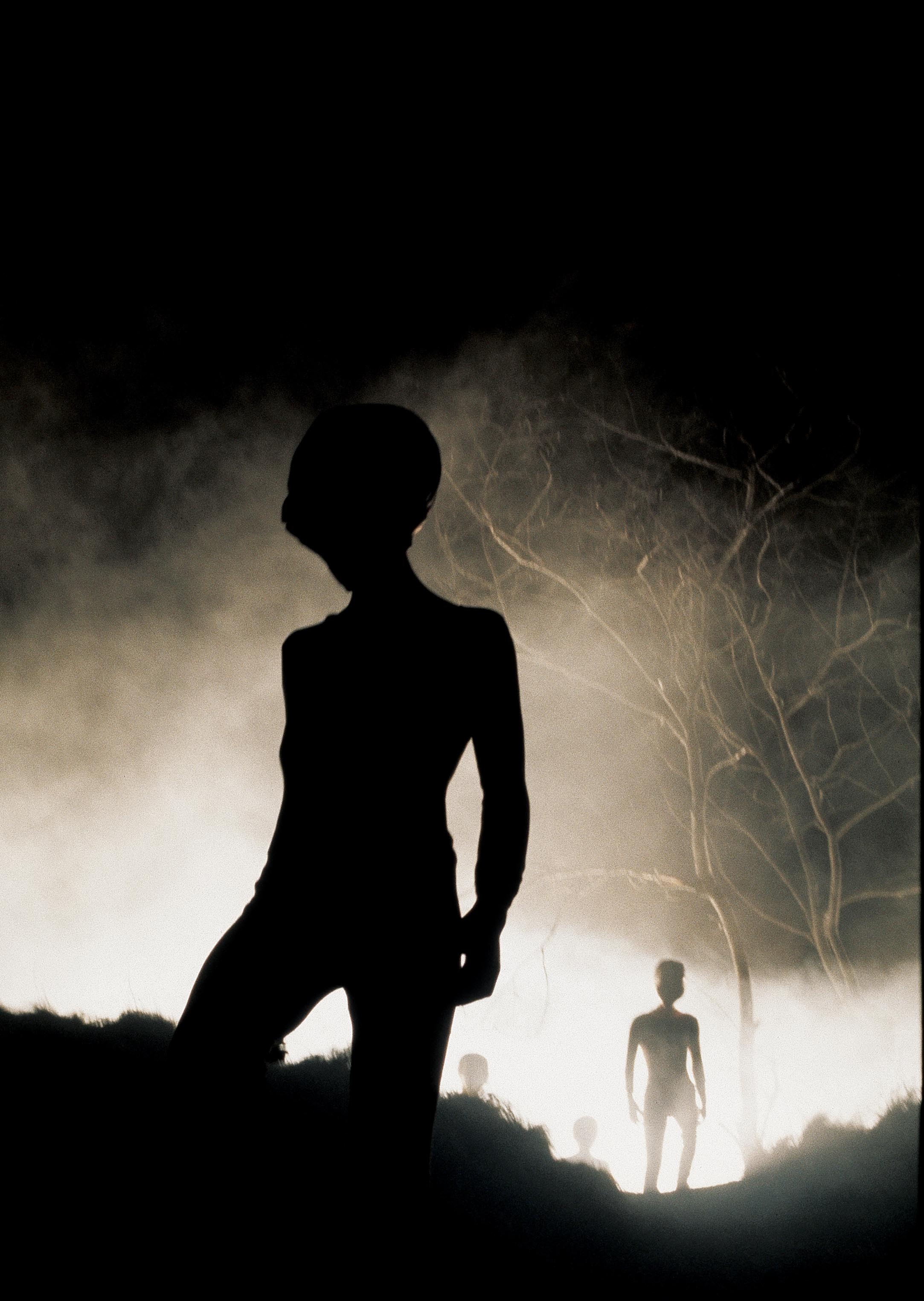
One thing to bear in mind when creating new life is there is a risk that if aliens are “too” alien, they may, well, alienate the readers. It’s best to remember that life forms still tend to be products of evolution, and thus are driven by the same needs and instincts. Don’t be afraid to question things we take for granted as part of intelligence but which serve no practical purpose. Will aliens have religion? A strong acquisitive sense? What is truly universal?
We seem to be the only intelligent species on the planet, but look at the animals which have demonstrated self-awareness and problem-solving skills: octopi, corvids, dolphins … intelligence comes in all forms. We do not recognize them as intelligent as such because they do not make tools, write things down, cook their food, etc. But does that really disqualify them?
“The problem with aliens is they’re aliens,” someone once said.
As the conversation turned to pitfalls when designing aliens, one thing that came up quickly was characteristics that would be evolutionary unlikely. Also, one must not discard the possibility of non-animal. Consider plants, siliceous lifeforms, non-carbon based life. We mustn’t overlook anything. Also, when we do world building, it’s either backdrop or a character in itself. Quite often people create aliens with interesting characteristics which would obviously affect the story, but don’t actually put those characteristics to work. Or they think exactly like a human being. Or act like people the writers know.
Also there’s the danger of using “exotic” foreign cultures to model aliens upon, which enforces western culture as”normal” and “human” (not naming any avatars or phantom menaces, but …). Along that line, there is also the danger of having everyone in your new alien world be the same. They all have one culture, one religion, one set of personality characteristics, etc. It’s called monoculture, but the good people at TV Tropes just call it the “Planet of Hats“. Now, monoculture tends to show up pretty often in TV due to practical budgetary reasons, but we can break free of that in written fiction.
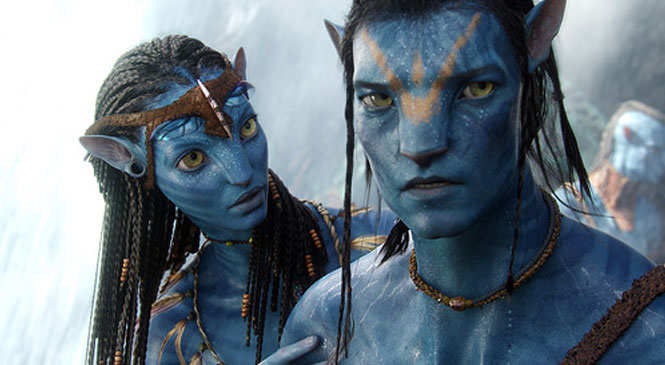
Working out the scientific variables in a situation where we don’t know the rules can be tricky. It becomes hard to work out even just the basic biophysics of , say, a sentient plasma: how do you get it to sentience? There are variants in the carbon-chain model, but if you try to stay in a stronger scientific basis using known science, it does become very difficult.
Now, all that being said, if you are going with deliberately engineered species, all sorts of possibilities open up. Going with an overriding intelligence doing the heavy lifting of creation makes it a lot easier to bring in features you want and leave out ones you don’t.
Once you have your new life form, how do you individualize? There are a few interesting approaches. One panelist uses a mental tool called the slider bar: imagine you’ve got a control bar, with sliders for characteristics: height / weight / aggression / gender / pretty much anything. Now slide the settings up and down, modifying each individual until you have a distinct one. You can introduce real-world factors. Flip a coin. Take a random characteristic from the next person to walk by. Roll dice, even.
Does diversity introducing into aliens make them more human? It’s something every storyteller has to face: how alien can one get before it gets incoherent and your reader gets fed up? There’s a lot of room to play, but there are still limits. You have to still keep survival and other factors in mind.
As the panel broke up for the next session, Larry Niven offered one last bit of advice: ignore the stereotypes.
For more coverage on Worldcon, check out this link for articles and interviews.
Kelly Luck comes from a proud warrior race of passive-aggressives. Her other SciFi4Me work can be read here.
![]()

